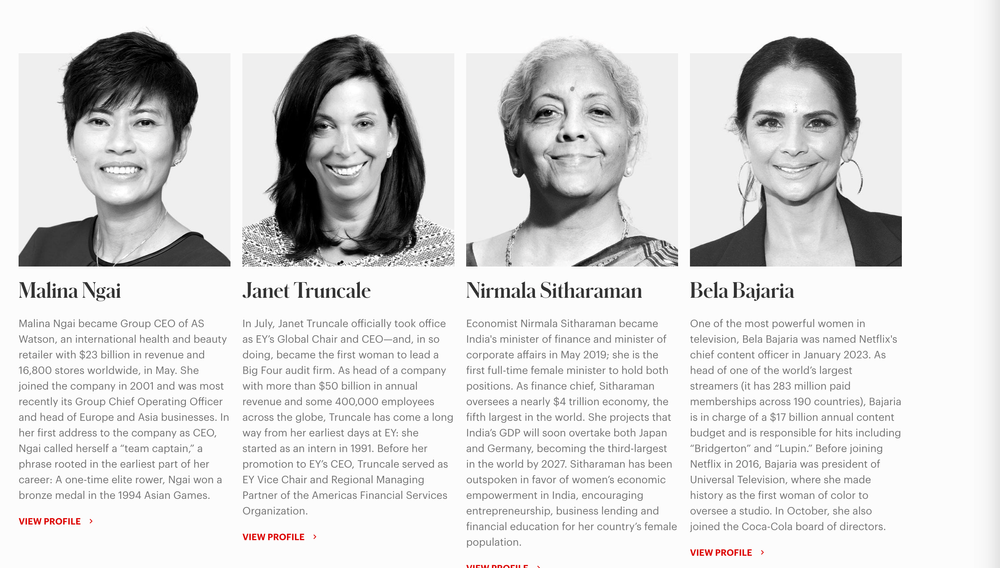The Mitsubishi Estate bond would be Japan’s first of its kind to have both environmental and diversity-related goals under the same framework, according to Mitsubishi UFJ Morgan Stanley Securities Co.
The gist:
Mitsubishi Estate Co., developer of office buildings and luxury condos has announced “it’s considering issuing sustainability-linked notes, whose terms are linked to variable targets like cutting emissions,” and…increasing “the proportion of its female managers to 40% in fiscal 2050, up from just 5.8% in fiscal 2020.”
Where the percentage of “women occupying executive positions,” stands at “30% for S&P 500 firms and 38% for companies on the FTSE 100,” Japanese companies in the Topix index “have an average of 9.3% of women on their boards.”
Japan lags other major economies in women occupying executive positions, and the government is calling for an increase in corporate and political leadership roles. Companies in the Topix index have an average of 9.3% of women on their boards, compared with 30% for S&P 500 firms and 38% for companies on the FTSE 100, according to data compiled by Bloomberg.
It follows Prime Minister, Fumio Kishida’s policy plans to “also likely require companies to disclose the wage gap between male and female workers,” which thefaxx.co reported on here.
Bloomberg reports that, “if Mitsubishi Estate misses its targets, it will either make a donation or purchase voluntary credit accredited by an international third party organization,” according to a statement.









